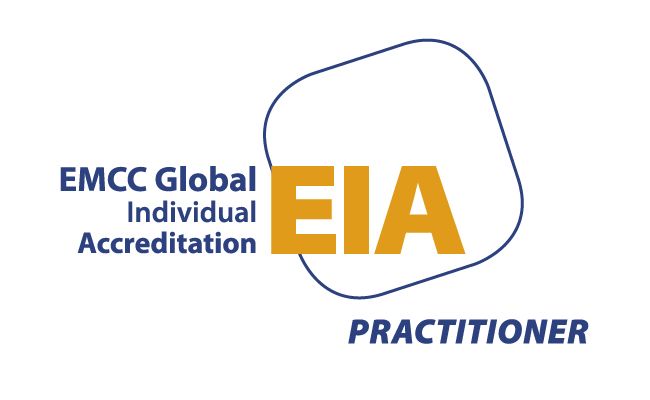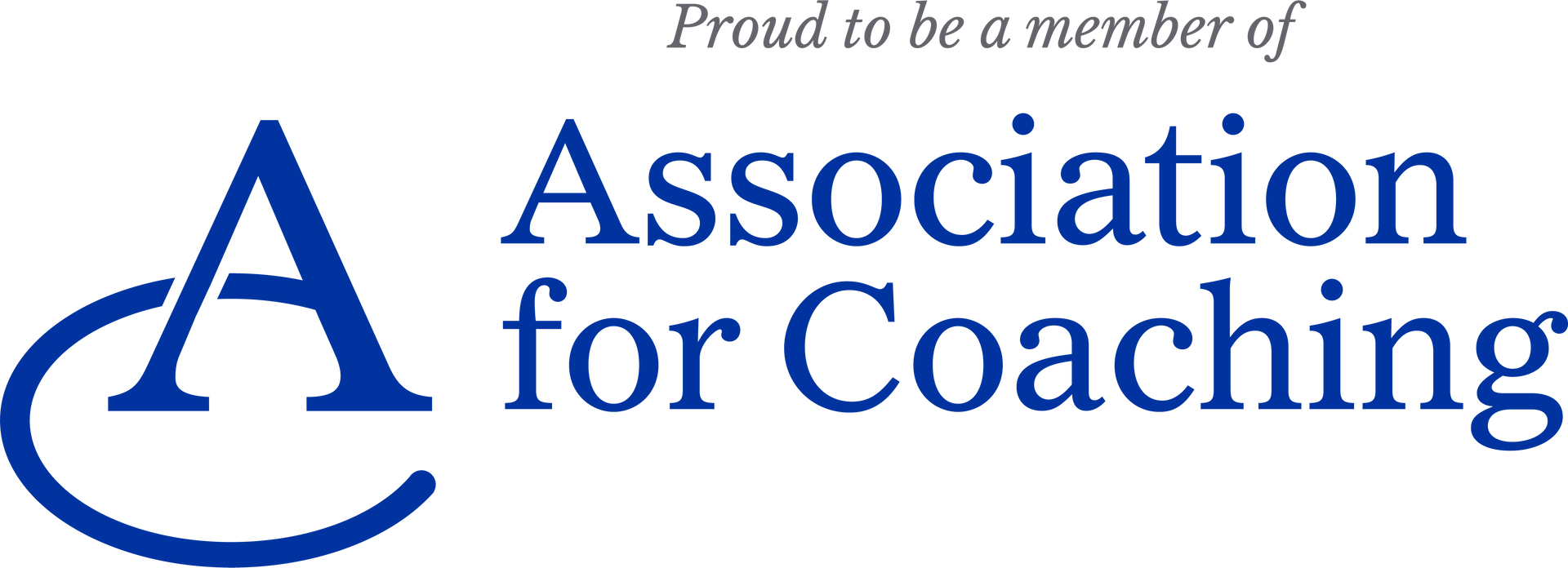Managing Imposter Syndrome can feel harder than managing real people!
How to put yourself at the forefront rather than let your Imposter Syndrome dictate your next move

At least one in three of my coaching clients bring something related to their 'Imposter Syndrome' to coaching sessions. While it keeps me in work I would much rather support people to bang that imposter feeling on the head once and for all and be able to focus on the strength and talents instead.
My podcast guest Tree Hall CEO of Charity IT Leaders and Founder of Neuronique last week made me laugh when she declared:
“I don’t see the imposter as an enemy anymore. I see it as a panicky friend.”
This shift, from shame to compassion can be transformative for leaders under pressure. It is a way to take control of your feelings and put yourself in charge.
Imposter syndrome isn’t a flaw. It is a signal. A sign that you care deeply, that you’re stretching, that you’re human.
A quick google search tells us that:
- 50% of UK adults have experienced imposter syndrome.
- 78% of UK business leaders report having felt like imposters at some point.
- Women (54%) and non-binary individuals (57%) are significantly more affected than men (38%).
- Science, HR, and PR sectors show the highest prevalence—up to 78%.
- Imposter syndrome costs UK businesses 10 days of productivity per employee per year..
Thinking about imposter syndrome, or thinking self doubt thoughts requires energy, energy that takes you away from doing the things you do well.
Unchecked imposter syndrome can:
- Undermine strategic decision-making
- Erode confidence and executive presence
- Create a culture of overwork and perfectionism
- Stifle innovation and psychological safety
Start today to embrace your Imposter
- Name it: Recognise when imposter thoughts show up. Awareness is the first step. I call mine Roger - I don't know why. It is just a name which helps me begin to talk to it (myself - often with humour)
- Reframe it: Ask, “What is this voice trying to protect me from?” It sounds odd but the imposter feelings are linked to our fight flight brain, originally designed to protect us. Tell it you don't need to stay small anymore and that you are OK
- Share it: Vulnerability builds trust. You’re not alone. Ask three professionals in work if they have experienced it - and I can bet you at least one has
- Coach it: Work with a coach to explore the roots and build new mental habits. Coaches can help you play with your perceptions, to craft new perceptions of self and to have fun doing it.
If you’re a purpose-led leader navigating visibility, change, or self-doubt, coaching can help you lead with clarity and calm.
📩
Let’s talk: barbra@gleecoaching.co.uk
🌐 www.gleecoaching.co.uk




